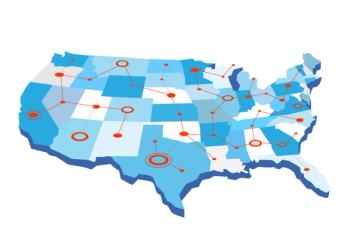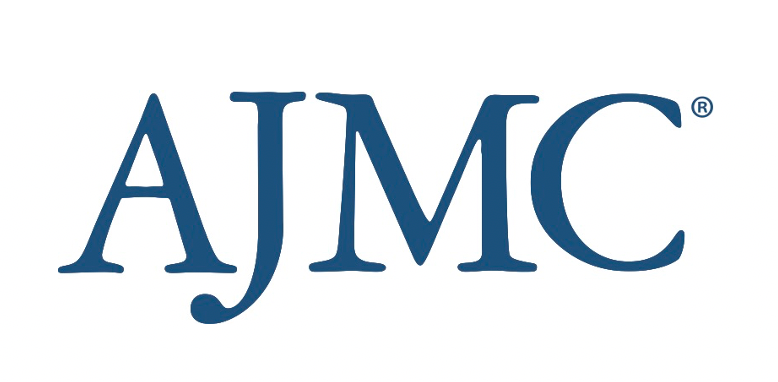
Insurance
Latest News
Latest Videos
CME Content
More News

Co-pay accumulators and maximizers are 2 programs that insurers have started implementing to help them redirect financial assistance from the patient, said Kimberly Westrich, MA, chief strategy officer, National Pharmaceutical Council.

As a result of vertical integration, health plans may have 2 different coverage policies on the medical benefit side and the pharmacy benefit side for the same drug.

The prior authorization process for patients with cancer demonstrates fewer days until submission and lower denial rates for Asian patients relative to White patients.

According to KFF’s annual Employer Health Benefits Survey, the average premium for family coverage now stands at $25,572, with workers contributing an average of $6296 annually.

This article explores the congruence between payer patient assignment and quality performance and the implications for incentive payments in alternative payment models.

Hereditary breast cancers are caused by germline mutations, which are genetic mutations inherited at conception and so called because they originate in germ cells, those that develop into reproductive cells and become eggs in female individuals and sperm in male individuals.

The company announced layoffs due to business challenges and regulatory pressures.

Average Medicare drug premiums for older Americans will drop next year for those enrolled in traditional Medicare plans or who have coverage through Medicare Advantage, with opinions divided along party lines on the economic implications.

The innovative program from the Family Heart Foundation includes being able to order a free test kit for an at-home blood lipid panel and track your results online, as well as the ability to discuss the findings with care navigators and health care providers.

Delia Orosco, MS, director of Community Wellness Centers at Inland Empire Health Plan, shares insight into innovative initiatives provided by the wellness centers and their new mobile mammogram clinics.

Catalyst for Payment Reform (CPR) explores stakeholder perspectives in Florida, Michigan, and Nevada, revealing both the challenges and opportunities states face in reforming health care pricing structures.

The House of Representatives unanimously passed the bipartisan Seniors’ Access to Critical Medications Act (HR 5526), which would reverse CMS restrictions on mail delivery of cancer medications to Medicare beneficiaries.

Linda Bosserman, MD, PhD, FASCO, FACP, of City of Hope, emphasizes the need for a sustainable health care system that balances cost with care so patients can achieve the best survival and quality of life after a cancer diagnosis.

Medicaid coverage was able to help some people lower their blood pressure according to a new study.

The proposed Medicare High-Value Drug List Model, also known as the Medicare $2 Drug List, could have modestly reduced out-of-pocket costs for 38% of beneficiaries if implemented in 2021.

"As CMMI continues to test new equity adjustments, it is important that changes be grounded in scientific principles with extensive testing and validation to ensure the tightest linkage to social needs and health outcomes for underserved communities across the entire US," authors wrote.

The authors examine how insurer and patient out-of-pocket payments for advanced prostate cancer differ by drug and health plan type and describe the relationship between these payments and utilization.

On this episode of Managed Care Cast, we're talking with the author of a study published in the September 2024 issue of The American Journal of Managed Care® that explored the factors consumers consider essential for an adequate provider network.

Patients seeking free preventive care continue to face cost-sharing and administrative hurdles, a study reveals.

Chris Barton, LCSW, of Horizon Blue Cross Blue Shield of New Jersey, explores how the Youth Behavioral Health Strategy program focuses on addressing the specific needs of youth with mental health and substance use issues through a comprehensive approach.

Accountable care organizations (ACOs) with a major teaching hospital were associated with lower mortality, lower inpatient spending, lower emergency department utilization, and higher overall outpatient spending.

The rate of uninsurance in 2023 was 8.0%, a statistically insignificant change from the 7.9% uninsured rate in 2022.

The findings may help inform policy changes at the federal level aiming to address unfair and deceptive pharmacy benefit manager (PBM) practices.

Ian Neeland, MD, of University Hospitals and Case Western Reserve University, recommended a team-based, comprehensive approach to managing diabetes and its related complications.

Payers must continue to assess their prior authorization practices to uphold the goals of clinical quality, safety, and utilization management.












